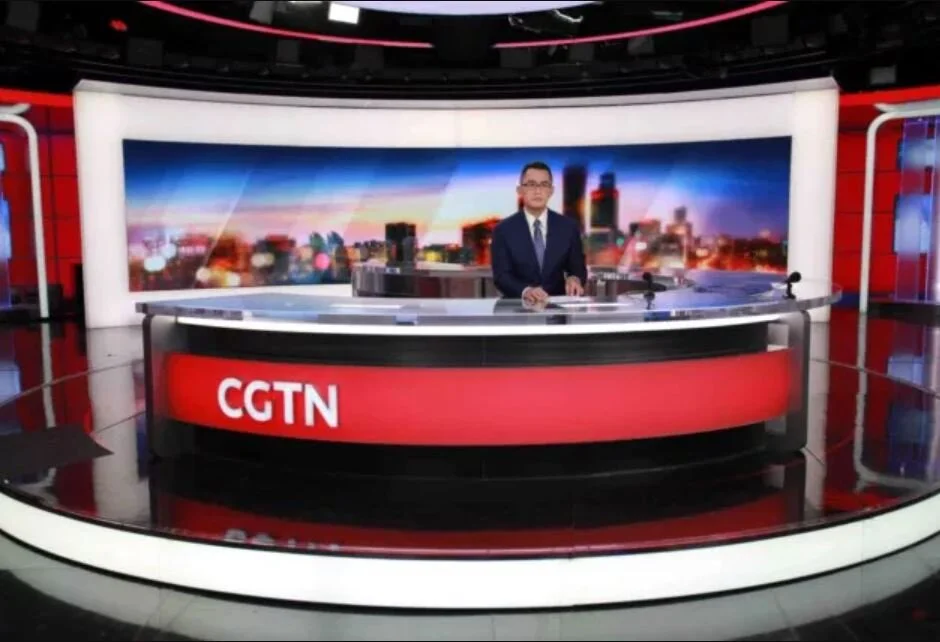The Ethics of Vaccine Tourism: the United States’ Mismanagement of COVID- 19 Vaccine Distribution
When the Pfizer and Moderna vaccines were first approved and made available to frontline workers, it seemed as though the light at the end of the tunnel had been found.
Joe Biden’s ascension to office as the United States’ 46th President brought with it hope that vaccines would be quickly distributed throughout the nation. The President’s promise of giving 100 million vaccinations in his first 100 days in office excited many Americans, though critics either doubted his promise as being too ambitious or criticized it for not being aggressive enough.
Biden recently raised his goal to 150 million vaccinations administered by May 1st. His optimism and analysis of the current trajectory shows that there is a good chance of reaching this goal, but does not address the bigger questions Americans need to be asking about vaccine rollout: who will be receiving these vaccinations, and are they the people who really need them?
The distribution of vaccines has varied dramatically in effectiveness and timing throughout the United States. At the moment, healthcare workers, educators, and emergency service providers are eligible to receive their vaccinations. County officials, hospitals, and pharmacies have taken their local population numbers and attempted to only remove the necessary vaccines from the freezers in which they are stored. Despite this, many hospitals and pharmacies have had to offer their leftover thawed vaccines to passersby before they expire and can no longer be used. In a Bay Area county in California, officials posted an Instagram update stating they had extra Pfizer vaccines that could not be re-frozen and offered shots to the first people who viewed the post and filled out the form.
At the same time, between 29% and 37% of Americans still may refuse to get vaccinated, according to public opinion research. In Deschutes County, Oregon, many vaccines were thawed but many citizens were still wary of the vaccines’ contents, causing officials to open vaccination to the greater public to prevent any doses from going to waste.
Given these facts, the idea of crossing state lines to get a vaccination has crossed the minds of many Americans. If, like in the case of Deschutes County, very few locals trust the vaccine enough to take it, why does it matter that people take their designated shot? Or if you happen to be one of the lucky few chosen from random to get an extra vaccine, is there a reason to step aside only for someone else to take it?
Ultimately, this is an ethical dilemma that has no clear answer. News stations have begun to cover the debates surrounding ‘vaccine tourism’, with many top minds clashing over the benefits and drawbacks of searching for COVID cure away from home. The only clear conclusion that can be drawn from this situation is that America’s vaccination strategy has to change in order for its people to truly put the pandemic behind them. Perhaps the most frustrating aspect of vaccine distribution is not the bumpiness and chaos that has accompanied the vaccine rollout, but the intentional deceit of the distribution plan that favors Americans in the most privileged positions.
All over the United States, hospitals have been placed under fire for distributing vaccines to their board members, donors, and family members of executives, even before frontline workers have received both doses of vaccine. In California, a Bay Area hospital told local teachers to declare themselves as healthcare workers in order to get a shot. Other hospitals in the area declared that they had already vaccinated all of their employees, and therefore would not be offering any to the greater public.
Mismanagement of vaccinations is already a frustrating reality for pandemic-worn Americans to deal with. With a large portion of the population resisting basic measures to prevent COVID, and distribution centres forced to give shots to people who are not at the highest risk levels, these problems become impossible to overlook when wealth and privilege are also muddling the vaccination process. Even as we near the end of this pandemic, when we have had so much time to consider our choices and morals, insularity still persists, pushing institutions and individuals to care for their own rather than prioritizing those truly in need.
People around the world hoped that institutions would alter their outlooks and behavior in favor of those they have previously marginalized. Many individuals voiced their frustrations at the health care system in America and the way COVID swept through communities of color with little aid from the government. After confronting these truths, many Americans hoped to witness changes, most immediately in the handling of the COVID pandemic. Despite the highlighting of these areas of struggle, the people who are being given a leg up aren’t always those who need help the most.
Many states are approaching the finish line, but there are still kinks to be ironed out before the United States can put this pandemic is fully behind them. Even then, the nation’s progress will not simply cut to the credits, leaving its citizens to live happily ever after. There is a lot of work to be done to solve the country’s issues of race and wealth-based discrimination, and only then can the United States step into the future, leaving no one behind.
Image courtesy of U.S. Secretary of Defense via Wikimedia, ©2020, some rights reserved.



